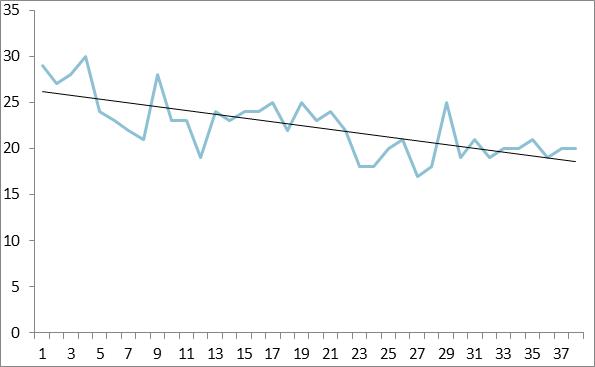I missed this when it came out, late last month. The Observer had commissioned a survey into British attitudes and beliefs about Europe. You can read it here. It included a question about holiday destinations.
The reason that this was of interest was that some work Tim Bale, Anand Menon and I carried out of MPs’ attitudes to Europe had also involved a question about holiday destinations.
Alas, as is often the way, the questions were not worded identically. The Observer’s question asked about any holidays in the past five years and presented respondents with a list of the 27 other EU countries. Ours was an open-ended question, which was not just confined to EU countries, and although it too focussed on the last five years it asked MPs to list the three most recently visited countries.
But, for what it’s worth, the list of EU countries visited by MPs and public look remarkably similar.
Here are the top five holiday destinations of the public (on the left), and MPs on the right.
| Public | MPs | ||
| Spain | 32% | Spain | 39% |
| France | 30% | France | 30% |
| Italy | 18% | Italy | 14% |
| Germany | 13% | Greece | 9% |
| Greece | 12% | Germany | 8% |
Note: respondents could select more than one destination
In total, some 34% of the public listed no EU holiday in the last five years, compared to 22% of MPs. But because of the way The Observer posed the question we do not know whether this is because members of the public were more keen on holidays outside of the EU – America, Australia, and so on – or just had fewer holidays in general. Simialrly, when the Observer claims to have found Remain supporters more likely to have visited an EU country on holiday than Outers (77% and 62% respectively) we don’t know if that is a genuine difference or whether it is caused by Outers being less likely to take foreign holidays. For what it’s worth, no such difference existed between Remain and Leave MPs, and we also did not find the difference that The Observer claimed with destinations (the favoured destination of Brexiters being Spain while Remain supporters are more likely to visit France); amongst MPs, Spain was the preferred destination of both.
Does this matter? Not hugely. But still, we’re always being told how the represented and those doing the representing lead such different lives, it’s worth pointing out when there are similarities. Here at least, ‘we’ are not that different to ‘them’.
Philip Cowley


